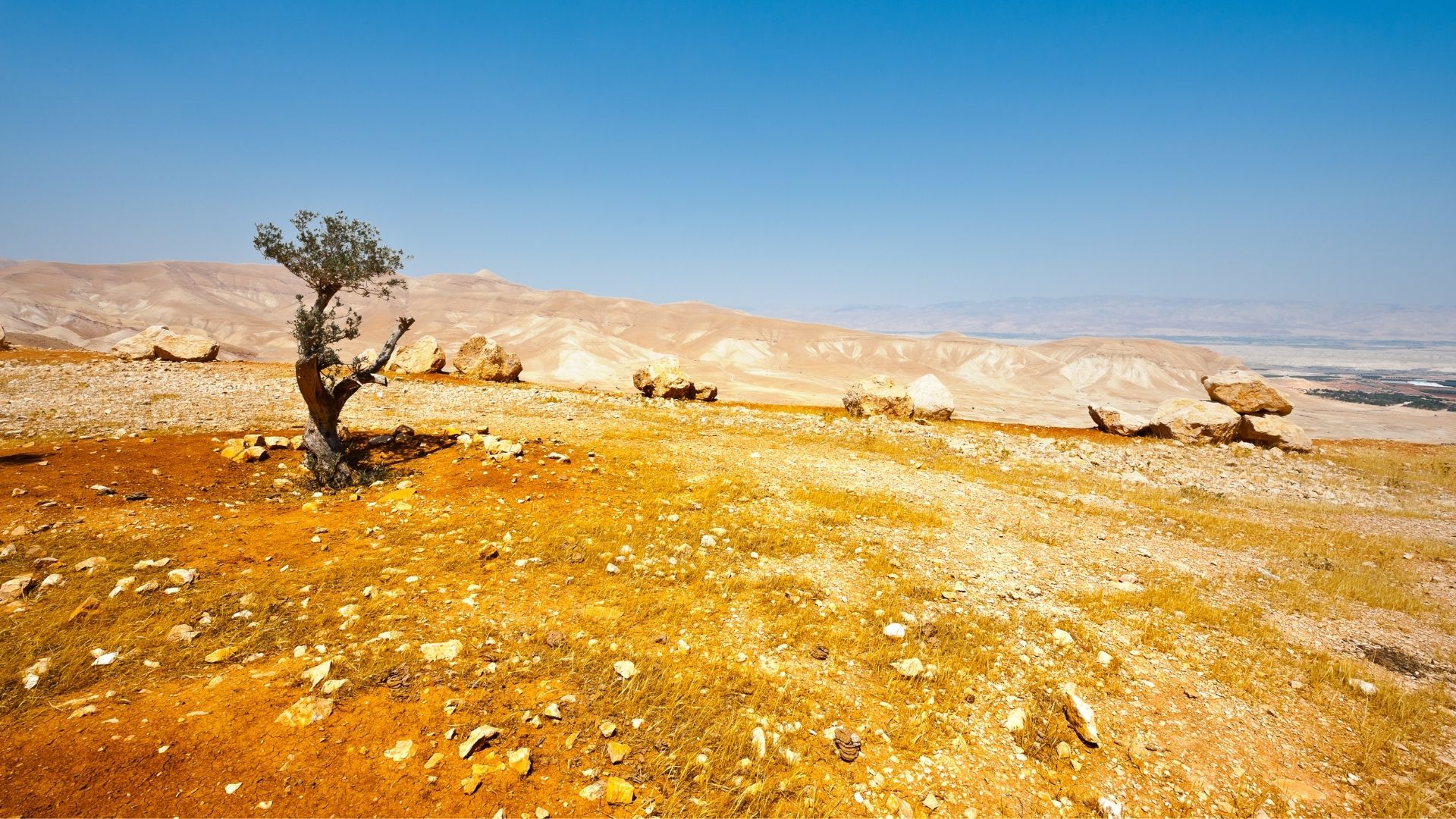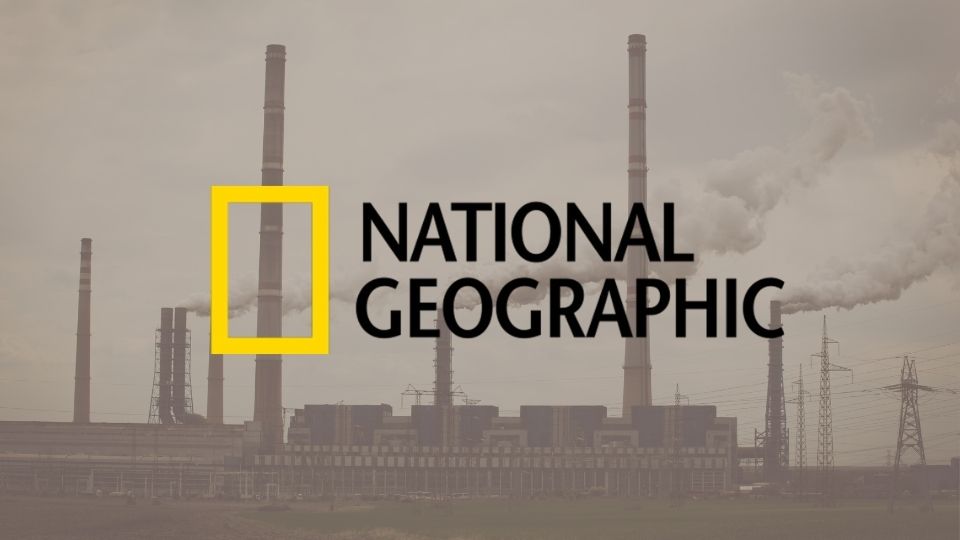Last year’s weather events were exceptionally unusual according to experts and laymen alike. The region experienced extended forest fires in Syria and Lebanon, deadly floods in Sudan, extreme heatwaves in Jordan and Iraq, and even unusual snow in the Saudi desert along sudden floods in January. A series of reports by the Arab Forum for Environment and Development (AFED) about climate in the Middle East indicates Arab countries are the most vulnerable to climate change. According to the reports, the entire region is expected to face many other challenges: an increase of temperatures, drought, lack of water availability and a rise in sea levels.
Scarcity of water in Arab countries is an extremely complicated topic. Out of the 22 Arab countries 18 are facing severe lack of water. The AFED indicated that even Syria and Lebanon, which are normally rainier than other countries in the region, are in danger since water supplies in the aquifers and rivers is constantly diminishing. The rise of sea level will remain a great risk to the area as long as the coastal zones are exposed to constant inundation, erosion and extended salinity of soil and aquifers. The fact that major Arab cities are situated in coastal areas pose a serious threat to the future of Arab urbanism.

High temperatures in the region caused heatwaves and many forest fires in the summer, from which Lebanon suffered as well. In July record temperatures were registered in different cities of the Middle East, including Basra, Bagdad, and Damascus. A serious flood that inundated in Sudan caused the death of more than one hundred people and the displacement of hundreds of thousands. The last flood broke all recent records set in the years 1946 and 1988.
Climate change which causes extreme weather events directly affects human lives. Economy, agriculture, food production, health, transportation, energy, and tourism are only part of the sectors that were heavily hit in the last few years. Moreover, biodiversity, according to recent data, is being constantly reduced. The consequences of this severe impact will be felt in the next few years.
It is clear to everyone that in order to cope with the above-mentioned challenges, there is a need for an extensive collaboration between nations. NASA, for instance, calls for a reduction of greenhouse gas emissions, while urging the need to be prepared for a long-term period of high temperatures.
Despite these clear threats to our environment most of the countries in the region do not dedicate enough time and efforts to face with the crisis, because they are struggling with political instability, wars, battles, and conflicts that force them to put aside the significant fight against climate change. However, the United Arab Emirates, Bahrain, Kuwait, and Saudi Arabia are indeed addressing the issue by investing in desalination, solar energy, and other large-scale renewable energy projects.

